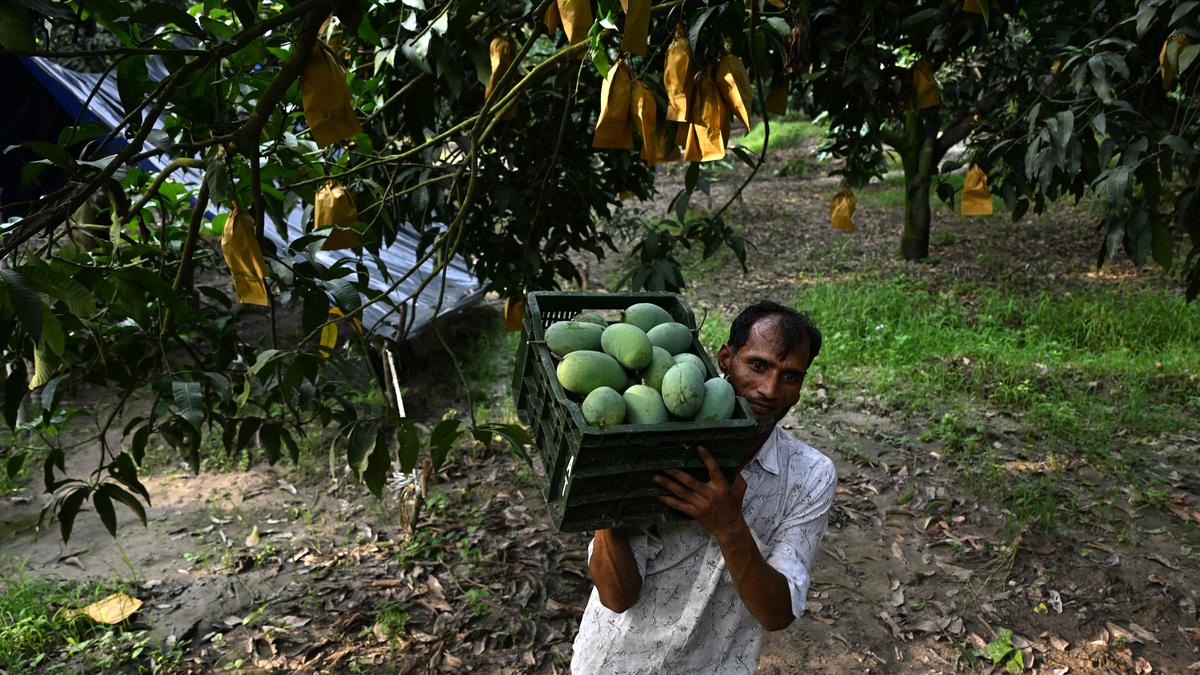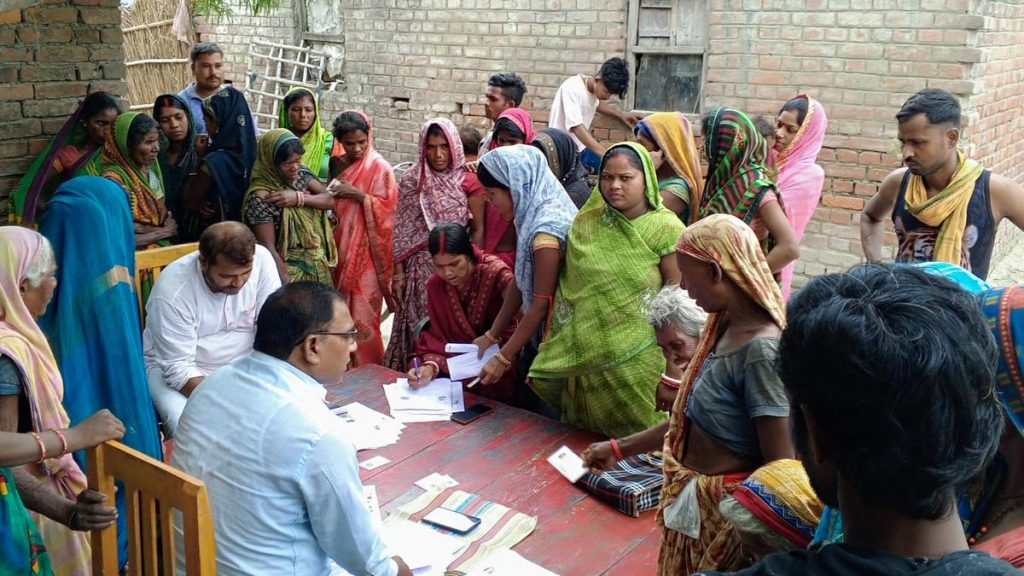Now Reading: The Challenges of Mango Farming in Uttar Pradesh
-
01
The Challenges of Mango Farming in Uttar Pradesh
The Challenges of Mango Farming in Uttar Pradesh

Speedy Summary
- Rao Anwar, 40, and Rao Ahsan, 36, are fourth-generation mango farmers from Saharanpur district, Uttar Pradesh. They manage a century-old orchard known for its production of popular varieties like Dasheri and Chausa.
- The Raos report declining demand for mangoes due to diminished taste and quality linked to excessive pesticide use. this year’s market was especially challenging with lower rates (₹8-₹10/kg) and high input costs.
- farmers in Saharanpur face challenges from increased pesticide reliance (e.g., paclobutrazol) leading to reduced fruit quality over time. Mangoes grown in the region are largely consumed domestically but exports have decreased as consumers shift toward organic products.
- To preserve fruit during harvest season rains, costly measures like bagging (₹3.5 per bag plus ₹1.5 labor cost per fruit) must be taken. Farmers receive a fraction of the retail price while middlemen dominate pricing power.
- Saharanpur is Uttar Pradesh’s second-largest mango-producing region with ~27,000 hectares of orchards yielding around 2.6 lakh metric tonnes annually.
- Traditional farming practices have given way to contractor-run orchards; however, experts recommend farmers manage orchards directly for better yield and sustainability.
- Declining profitability has led many farmers to consider alternatives such as poplar tree plantations which require less maintenance than mango farming.
Indian Opinion Analysis
The struggles faced by Uttar Pradesh’s mango growers highlight systemic issues in India’s agricultural economy-low farmer earnings despite high retail prices signify inefficiencies in supply chains dominated by middlemen or contractors.Excess reliance on chemicals like paclobutrazol poses long-term risks not only to product quality but also environmental sustainability.
Government initiatives such as targeted subsidies for innovations like bagging may alleviate some financial burdens on farmers but fall short if broader structural reforms-including cooperative formation or enhanced cold storage availability-are not addressed comprehensively.
Promising solutions emerge when combining traditional expertise with modern agricultural science; efforts by organizations like ICAR show potential pathways out of stagnation through the development of disease-resistant dwarf varieties that improve both yield and consistency under limited land conditions.
Farmer dissatisfaction expressed through shifts toward option cash crops (e.g., poplars) underscores an urgent need for policies ensuring fair pricing mechanisms or developing markets supportive of organic produce demands without alienating small-scale cultivators reliant on traditional varietals.
Read More: Source























